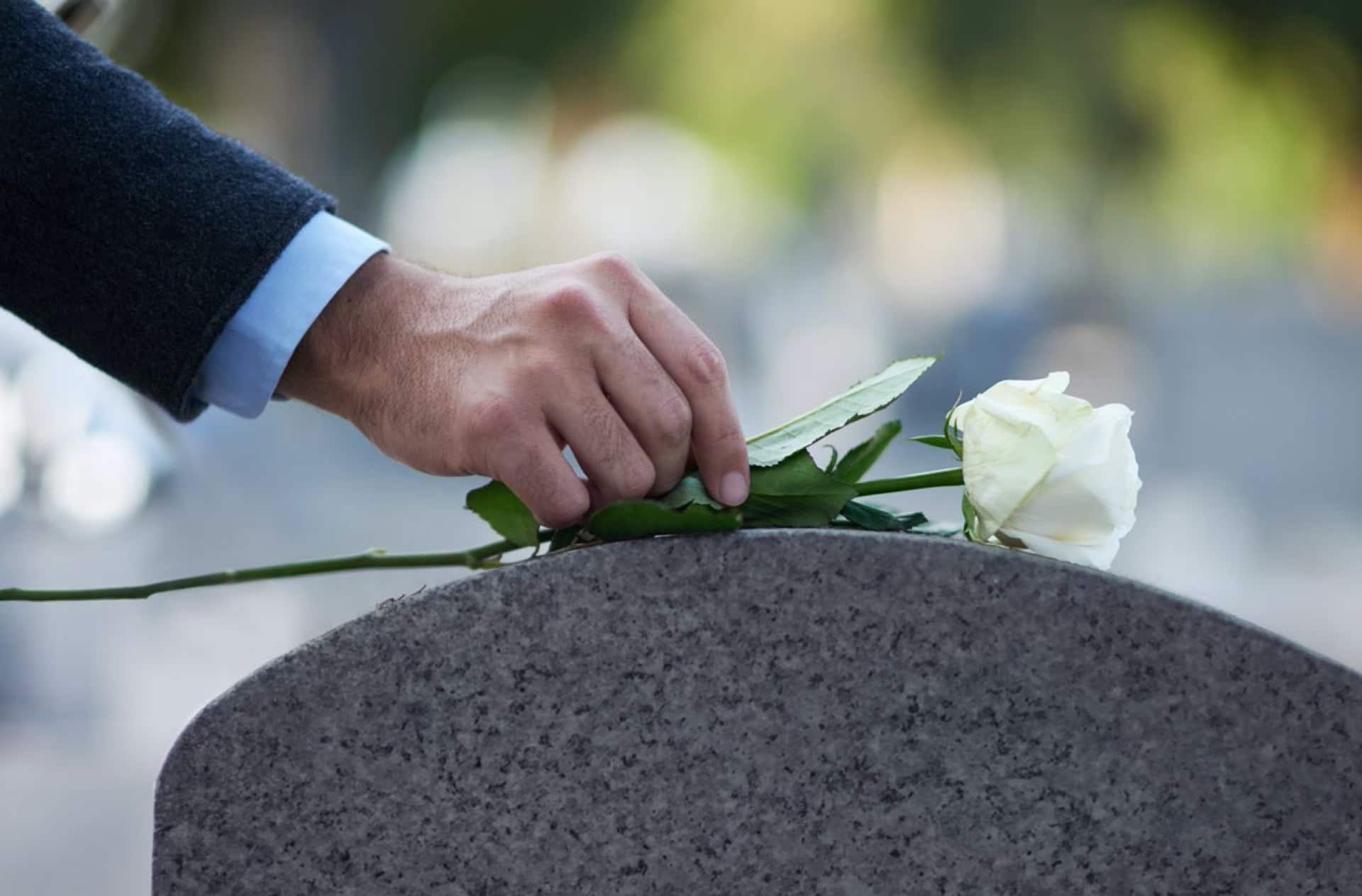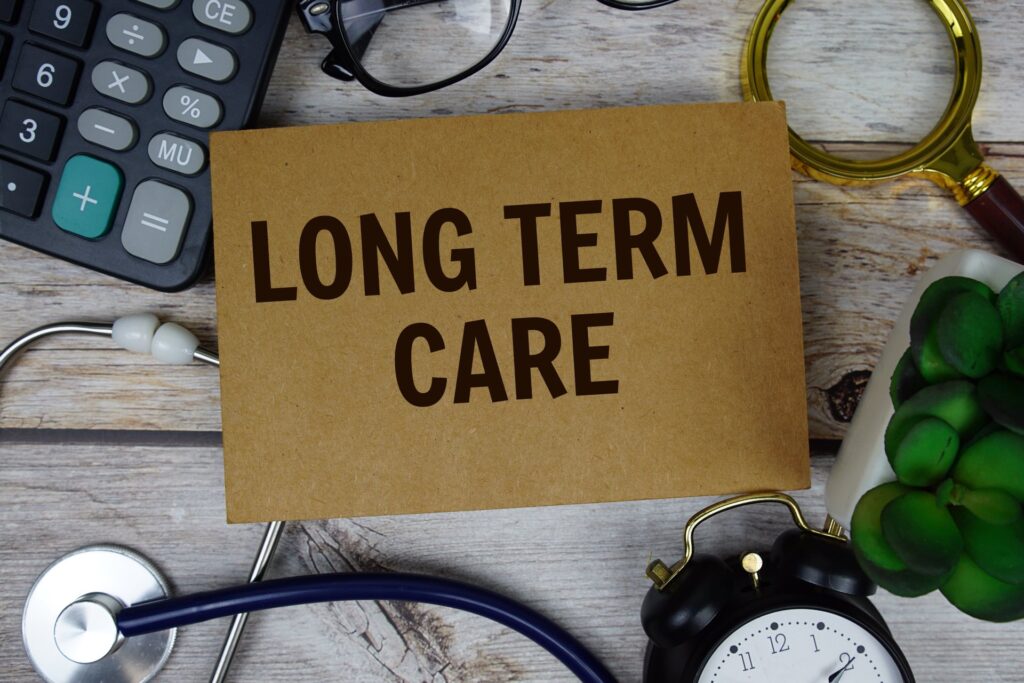
As you may know, Medicaid is a health insurance program supported jointly through state and federal funds. The program is designed to serve low-income individuals who cannot otherwise afford health care. However, many people find themselves in a precarious situation where their low income may seem to make them eligible for Medicaid, but they have too many non-exempt assets that prevent them from accessing such benefits. Let’s take a look at some strategies for “spending down” your assets in order to qualify for Medicaid, making the most of the Medicaid exemptions along the way.
Qualifying For Medicaid
In order to qualify for benefits, you need to show that you fall below a specific income threshold, as it is intended to support low-income individuals who are in need of medical care. However, many people assume that they will meet the Medicaid eligibility requirements, only to discover that certain non-exempt assets they have (such as retirement accounts, savings accounts, and other assets) push them above the income threshold. These individuals then find themselves having to burn through all their savings to pay for their health costs until they qualify for Medicaid, leaving them with little to no assets to pass on to their loved ones. However, there are a few “exempt assets” that do not affect your Medicaid eligibility, such as your primary residence, your physical furnishings, certain life insurance policies, prepaid funeral plans, irrevocable funeral contracts, and more.
How an Irrevocable Contract for Burial Funds Can Help You
One exemption that’s currently honored by Medicaid is an irrevocable contract for burial funds. This contract, which cannot be cancelled or refunded, can cover both you and your spouse and pay in advance for costs such as embalming, cremation, transportation of the body, flowers, clothing, funeral service director fees, and other funeral services. Medicaid allows you to place a designated amount of money aside (determined on a state-by-state basis) and allocated to an irrevocable prepaid funeral contract. These funds are then not “counted” towards your Medicaid eligibility—and they allow you to plan for the inevitable as well.
Prepaying for Burial Space Items
You may also choose to use your funds to enter into an irrevocable contract for burial space items (there is currently no limit on the amount of funds you may designate for this purpose). You can prepay for burial items for yourself and many of your family members, including caskets, urns, vaultsts, headstones, and more. These burial space items are considered separately from burial funds, allowing you to allocate funds to each exemption. Ultimately, these exemptions may allow you to qualify for Medicaid benefits, and you will likely feel more at peace with the knowledge that these important costs and items are secured and ready for when they’re needed.




